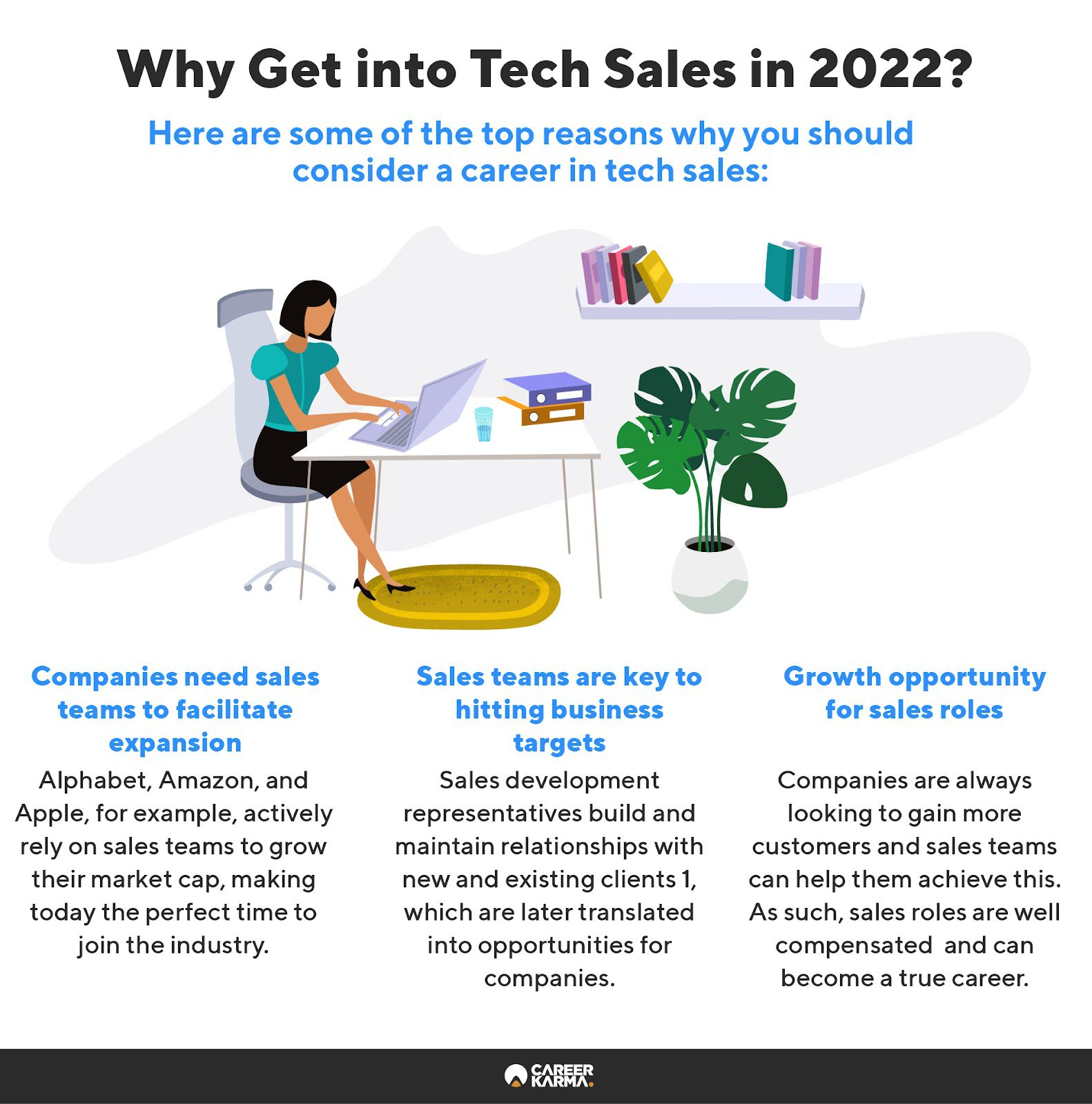Is Your Technology Sales Strategy Up to is standard ?

Is Your Technology Sales Strategy Up to Standard?
In the rapidly evolving tech industry, staying ahead of the curve means more than just innovation; it also requires a robust and adaptive sales strategy. As digital transformation accelerates across all sectors, organizations must evaluate whether their tech sales approaches are keeping pace with modern demands. According to industry experts, the key to successful technology sales lies in understanding customer behaviors, leveraging data-driven insights, and fostering a customer-centric approach.
Adapting to the Digital Shift
The pandemic has dramatically reshaped the tech landscape, pushing companies to adopt new sales methods and embrace remote interactions. Traditional face-to-face meetings have given way to virtual demos and online presentations, forcing sales teams to adapt quickly. Companies that have successfully navigated this shift emphasize the importance of a hybrid sales model, combining digital engagement with personal touches. The integration of technology tools such as CRM systems, AI-driven analytics, and automated marketing platforms has become crucial for efficiency and effectiveness.
The Role of Data-Driven Insights
Data is the lifeblood of modern technology sales. Harnessing customer data can provide invaluable insights into buying patterns, preferences, and pain points. This information allows sales teams to tailor their pitches and solutions more effectively. According to a recent report by Salesforce, companies that use data-driven strategies see a 20% increase in sales performance. Jim McFarland, CEO of SalesBoost, notes, "Data-driven sales strategies enable companies to predict customer needs and anticipate market trends, leading to higher conversion rates and customer satisfaction."
Customer-Centric Approach
A customer-centric strategy is non-negotiable in today's tech sales environment. Understanding the unique challenges and goals of each client helps in creating personalized solutions. Technologies like AI and machine learning are being used to analyze customer interactions and provide actionable intelligence. Companies that prioritize customer feedback and continuously refine their offerings based on market demands are seeing significant returns. "The future of technology sales lies in building long-term relationships," says Maria Henderson, VP of Customer Success at TechSolutions Inc. "When customers feel valued and understood, they are more likely to become repeat buyers and advocates for your brand."
Leveraging Emerging Technologies
The tech industry is a playground for innovation, and sales strategies must reflect this dynamism. Leveraging emerging technologies like blockchain, IoT, and 5G can provide a competitive edge. Blockchain, for instance, offers transparency and security, which can be a selling point during negotiations. IoT devices provide real-time data, enabling proactive engagement with clients. Companies like Cisco and IBM have already integrated these technologies into their sales approaches, reaping benefits in terms of efficiency and customer trust.
Investing in Sales Training
Continuous learning and development are vital in a field as dynamic as tech sales. Organizations must invest in ongoing training for their sales teams to keep them updated with the latest trends and technologies. Training programs should focus on soft skills such as communication, emotional intelligence, and problem-solving, alongside hard skills like data analysis and tech literacy. Sales training automation platforms like Lessonly and MindTick offer personalized learning paths, making it easier for teams to stay current.
Optimizing the Sales Funnel
A well-optimized sales funnel is crucial for converting leads into customers. Companies must ensure that every stage of the funnel is streamlined and efficient. Using marketing automation tools can help in lead generation and nurturing, while AI-driven analytics can identify potential drop-off points in the funnel. "Optimizing the sales funnel is about understanding the customer journey and making it as seamless as possible," says Sarah Thompson, CMO of TechFusion. "Every interaction should add value and move the customer closer to a purchase decision."
Building a Strong Sales Culture
The success of a tech sales strategy hinges on a strong and inclusive sales culture. Encouraging collaboration, fostering innovation, and recognizing achievements can motivate sales teams to perform better. Companies like Salesforce and Microsoft are known for their strong sales cultures, which emphasize teamwork and continuous improvement. "A positive sales culture is a direct reflection of the company's values and vision," says David Lee, Chief Sales Officer at InnoSys Solutions. "It attracts the best talent and drives long-term success."
Conclusion
As technology continues to advance, so must the strategies used to sell it. Companies that embrace a customer-centric approach, leverage data-driven insights, and invest in continuous training and development are likely to excel. By integrating emerging technologies and optimizing the sales funnel, organizations can stay ahead of the competition and meet the evolving needs of their customers. The future of technology sales is bright for those willing to adapt and innovate.
0 Response to "Is Your Technology Sales Strategy Up to is standard ?"
Post a Comment